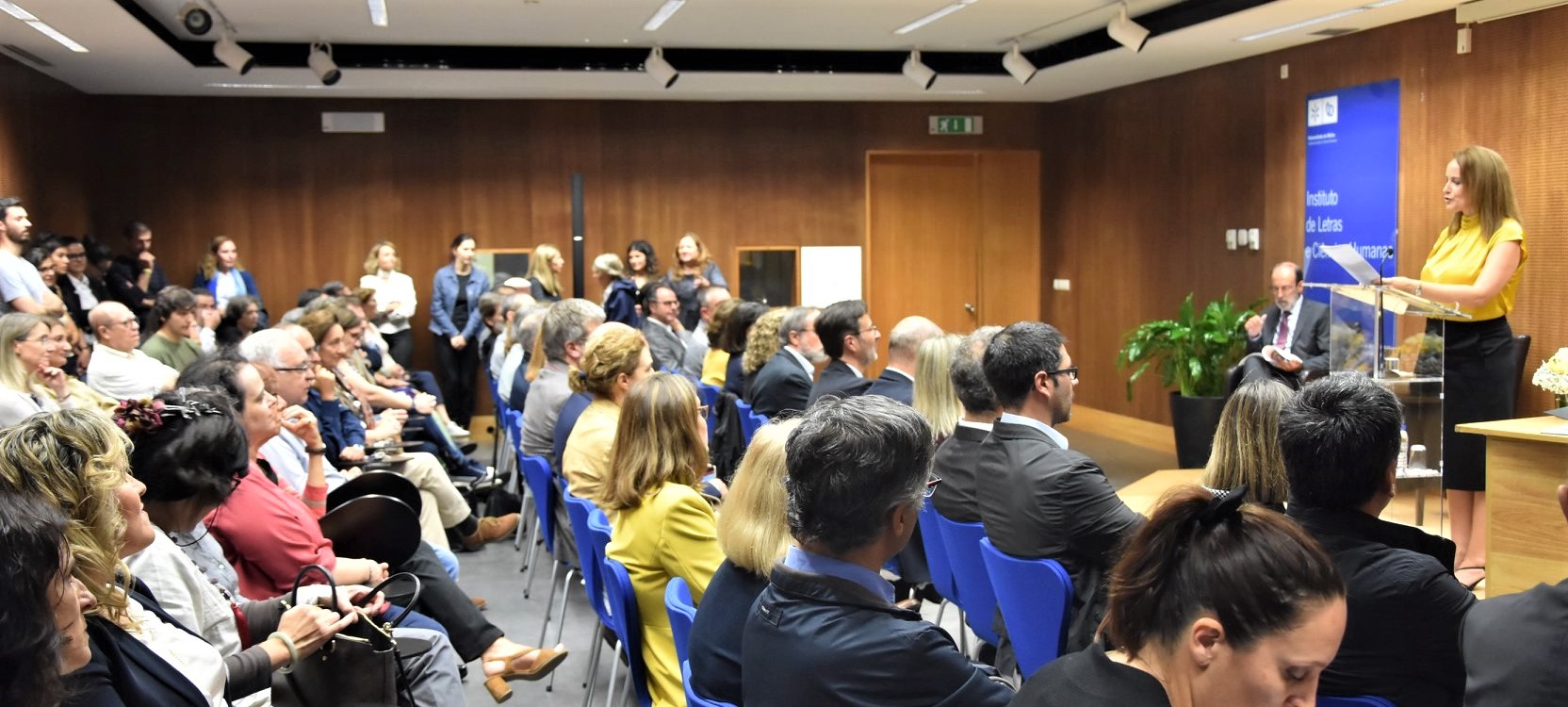
What is the identity of ELACH within the University? What is its mission? What is it concerned with, what is it for, what values does it promote?
The strength of the area of Arts and Humanities lies in its reflective function on the whole of human action. From different critical perspectives, it looks at culture in its philosophical, linguistic, literary, and artistic manifestations, by questioning and probing the way we speak, write, feel, relate to each other and express ourselves, whatever the vehicle of the message or the form it takes. Scientific and technological development also requires strategic – ethical and political – consideration about the place where men and women are situated in the context of things.
No university would be fully qualified, that is, none would be "complete" if only technologies and empirical sciences constituted it, although these two domains of objectivity play a decisive role in knowledge and are essential areas of progress. It is important to remember that the etymologically “universal” vocation of the University also implies the affirmation of a humanist vision of reality and life. This is a vision committed to the respect for human dignity, for basic equality among all, for the tolerance of differences, for freedom, autonomy and solidarity. The Humanities and the Arts must, together with the demand for intellectual and historical rigor that marks them, also assume an ethical commitment around these humanistic values.
On the other hand, in face of the negativity of so many events and phenomena on a world scale, it is also necessary to affirm the aesthetic and spiritual values that the Humanities assume. To do Art – in Literature, in Theater, in Music – is not only to revisit the repertoire of common experiences of living in society, with its traumas and pains, but also to recreate them in a transforming light. In this dimension, artistic and literary creativity is, simultaneously and paradoxically, interventional and cathartic: it allows one to act upon reality, at the same time as it creates a distance from it – a liberating distance. In short, it is through this creativity that it is possible for the human being to rise above what is material and tangible, what is oppressive and limiting. And that is why, too, the University must always defend and promote it.


